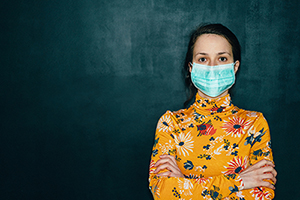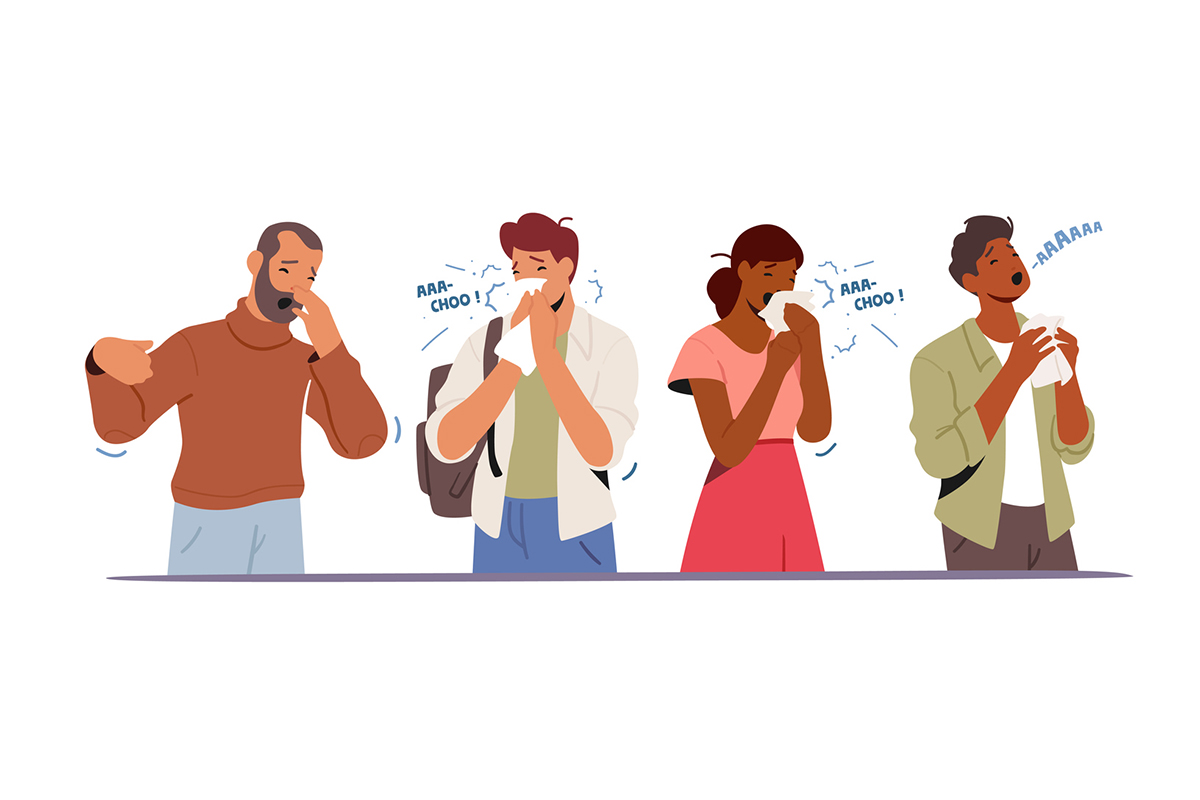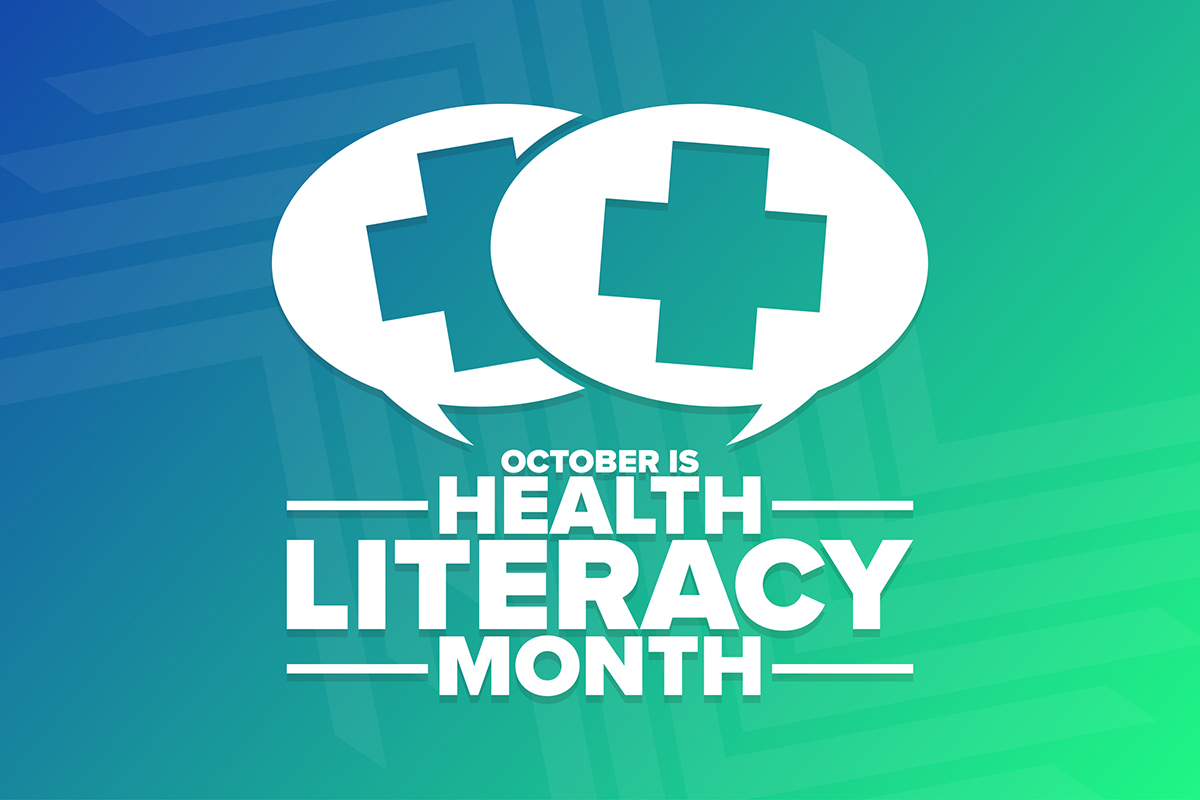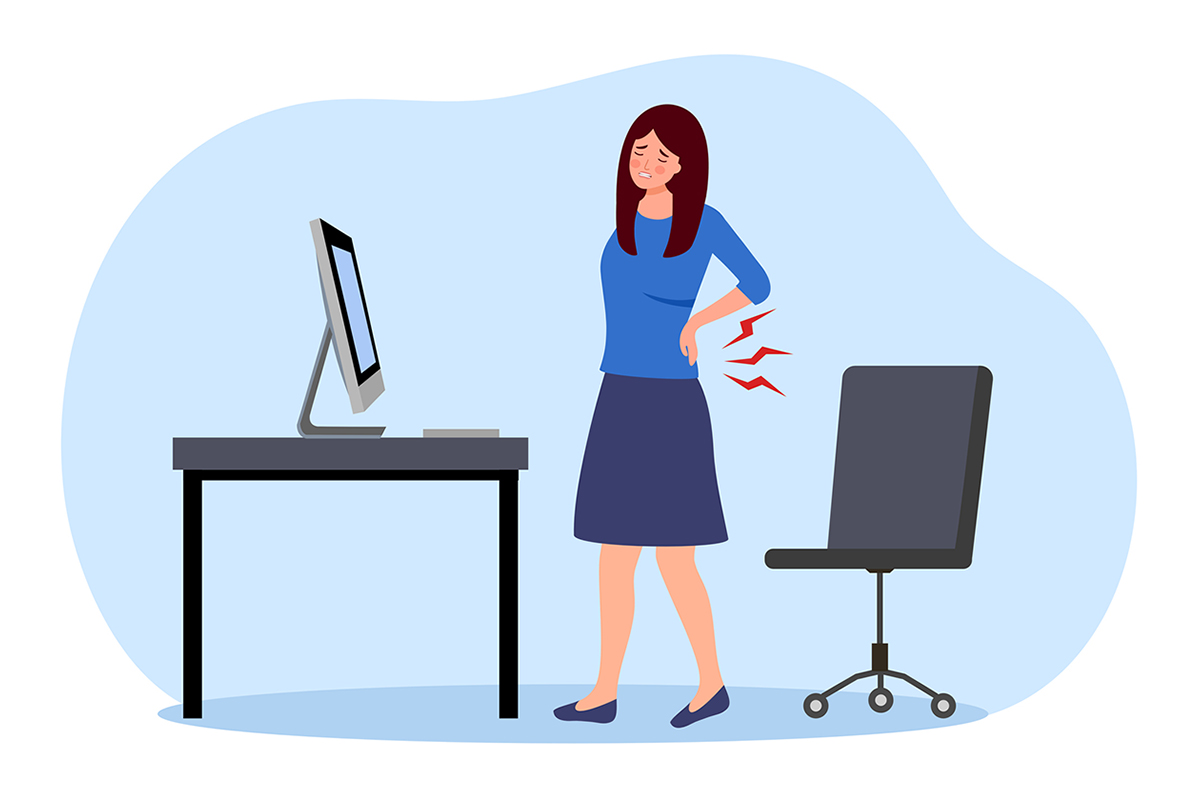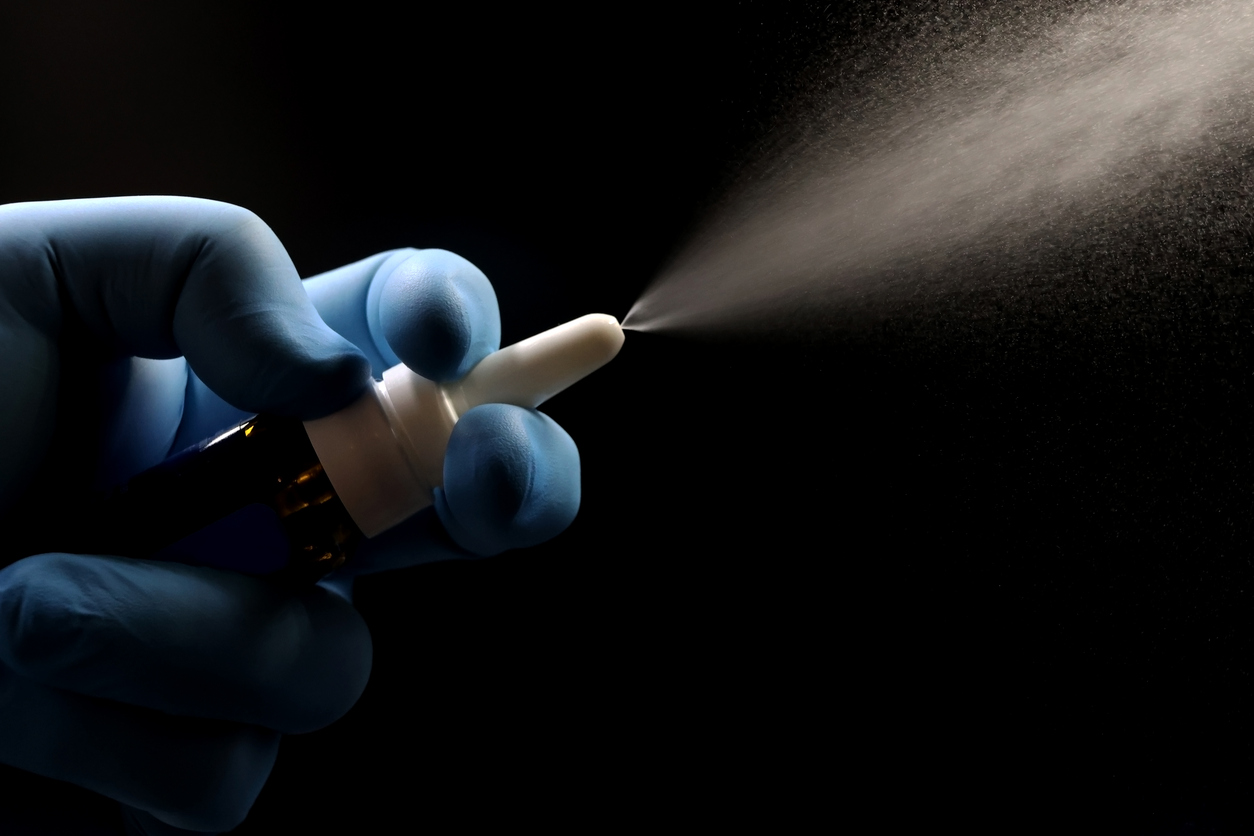Now that the imminent threat of hundreds of thousands of deaths and, for much of the country, the specter of hospitals overwhelmed with patients clinging to life on ventilators have receded, it’s time to reflect on the lessons this pandemic has left us.
Principally, the recurrent theme is resilience: How can we, as a society and as individuals, enhance our capability to withstand cataclysmic threats to our collective health?
It’s a dress rehearsal for some of the challenges the 21st century might throw our way, and in certain critical ways, we were woefully unprepared.
The pandemic has exposed vulnerabilities. While millions of Americans routinely sickened and died every year of preventable lifestyle diseases well before the arrival of COVID-19, it has proven to be a culling event for those with “comorbidities” like obesity, Type 2 diabetes, heart disease, and respiratory conditions.
For example, Medscape recently highlighted: “Largest Study to Date Links Glucose Control to COVID-19 Outcomes”. While diabetes is an acknowledged risk factor for poor coronavirus outcomes and death, subjects with better blood sugar control did remarkably better than their peers with higher hemoglobin A1c.
The study’s lead author, Dr. Hongliang Li, reported:
“Considering that people with diabetes had much higher risk for death and various complications, and there are no specific drugs for COVID-19, our findings indicate that controlling blood glucose well may act as an effective auxiliary approach to improve the prognosis of patients with COVID-19 and pre-existing diabetes.”
Amidst this, our medical system has evinced a shocking inability to come to grips with the epidemic of Type 2 diabetes that threatens an ever-growing percentage American adults, and is even emerging in unprecedented fashion among pediatric patients.
Johns Hopkins Medicine headlined last year that “Survey shows many primary care doctors are unprepared to help patients avoid diabetes”. The article contends that, “The researchers also say the gaps may result from a health care education and reimbursement system that encourages doctors to prioritize treating diabetes once the disease occurs rather than working with patients to prevent it.”
While medication can help stabilize blood sugar in Type 2 diabetics—generally defined as “non-insulin dependent”—a 2015 study heralded “Lifestyle Changes Superior to Metformin for Diabetes Prevention”.
Nina Teicholz, a frequent guest on my Intelligent Medicine podcast, has long been a champion of the low-carb diet for prevention of diabetes and associated diseases. Last month, she authored a powerful op-ed in the Wall Street Journal entitled “A low-carb strategy for fighting the pandemic’s toll”.
In it she contends, “Pills and surgery can treat the symptoms of such conditions, but diet-related problems require diet-related solutions. The good news is that changes in diet can start to reverse these conditions in a matter of weeks. In one controlled trial at the University of Indiana involving 262 adults with Type 2 diabetes, 56% were able to reverse their diagnosis by following a very low-carbohydrate diet, with support from a mobile app, in just 10 weeks. The results of this continuing study have been sustained for two years, with more than half the study population remaining free of a diabetes diagnosis.”
And speaking of medication, COVID-19 rendered us painfully aware of critical dependencies in our drug supply chains. Many of the drugs that Americans rely on were in short supply when overseas sources evaporated.
Off-shoring pharmaceutical manufacturing to unreliable partners created insecurity during a time of need. Greater than 90% of the antibiotics we use—many of which were needed to manage co-infections in hospitalized patients with COVID-19–are imported. There was a near-miss as manufacturing in China resumed in the nick of time to keep hospital formularies fully stocked.
The problem is not unique to the U.S. It’s estimated that 80% of the raw materials used to manufacture drugs for Europe come from China or India. It’s a national security problem.
Ironically, the pandemic led to a critical shortage of the popular antidepressant, Zoloft. Supplies dwindled while demand soared due to unprecedented stress—The Washington Post reported that, “A third of Americans now show signs of clinical anxiety or depression, Census Bureau finds amid coronavirus pandemic”. Prescriptions for antidepressants and anti-anxiety meds soared, just when overseas suppliers limited factory production.
Stress and anxiety raise cortisol, which can promote weight gain and fat deposition. They also contribute to sleep deprivation, sedentary behavior and sugary comfort food consumption—the very lifestyle factors that make people diabetes-prone.
Clever headline writers have dubbed this “The COVID-15”. Fess up, how many pounds have you gained during the pandemic lockdown? Cultivating psychological resiliency during challenging times needs to become a priority. We need a nationwide brain health initiative.
The pandemic highlighted critical problems in our food distribution system. Because industrial farms and slaughterhouses became chokepoints in processing, Americans were confronted with sporadic shortages of their beef, pork and poultry staples.
Michael Pollan summarized the situation eloquently, arguing for diversification of American food production among local small-scale—preferably organic—producers:
“Imagine how different the story would be if there were still tens of thousands of chicken and pig farmers bringing their animals to hundreds of regional slaughterhouses. An outbreak at any one of them would barely disturb the system; it certainly wouldn’t be front-page news. Meat would probably be more expensive, but the redundancy would render the system more resilient, making breakdowns in the national supply chain unlikely.”
Some of us have taken advantage of the lockdown to cultivate our own “Victory Gardens” in an effort to become more self-reliant and reclaim control over our food supply.
Finally, while we’re figuring out more ways to work and learn remotely, we’ll need to safeguard against the digital dependency that weeks of home confinement have engendered. I’m particularly concerned about kids and young adults who’ve become accustomed as never before to a virtual world, eschewing the reality of true personal connection and nature. Social media overutilization reinforces anxiety, depression, and weight gain.
Any way you look at it, the pandemic is a call-to-action to address these vulnerabilities.
